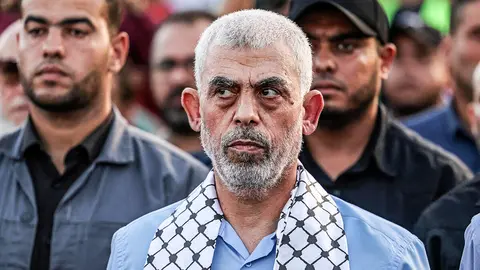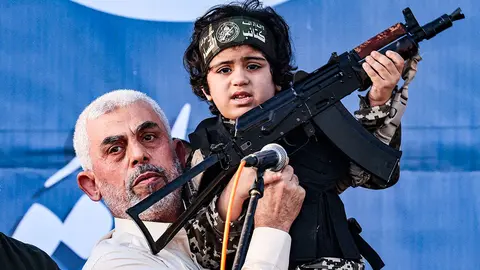Egypt proposes two-day ceasefire in Gaza
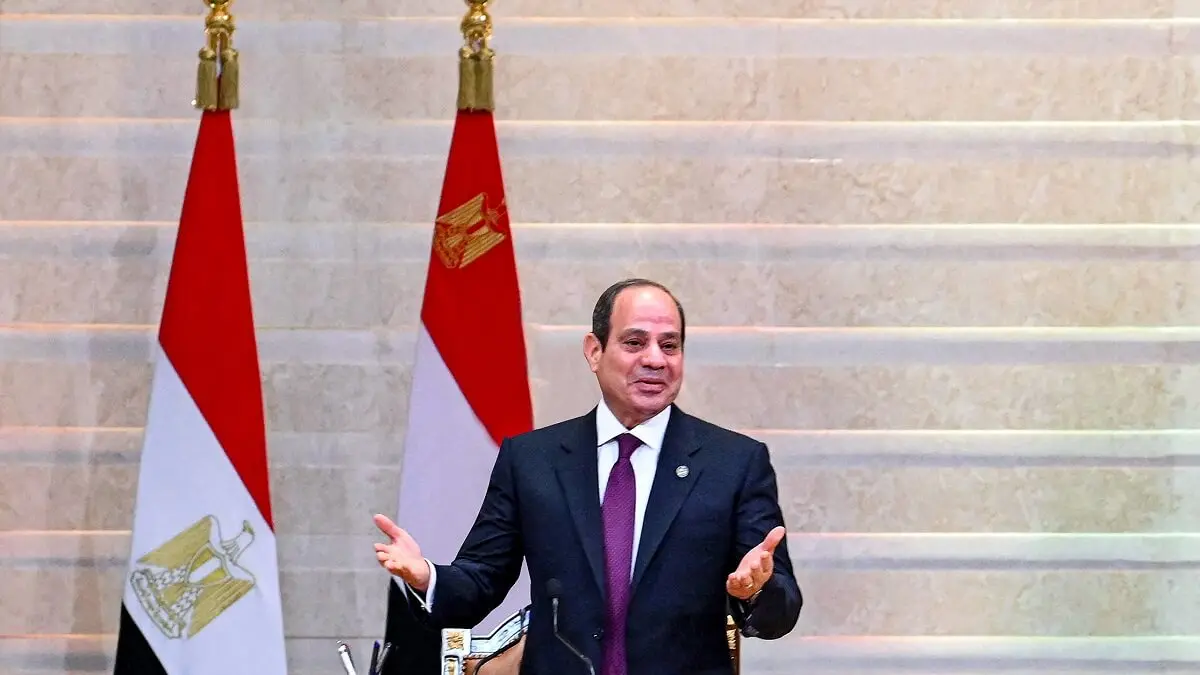
Egyptian President Abdel Fattah Al-Sisi has presented a plan for an initial two-day ceasefire in the Gaza Strip that would facilitate the exchange of four Israeli hostages for Palestinian prisoners.
Al-Sisi, who proposed the plan during a press conference in Cairo alongside Algerian President Abdelmadjid Tebboune, explained that negotiations should resume within ten days of the implementation of the temporary ceasefire in order to move towards a permanent solution.
However, both Israeli Prime Minister Benjamin Netanyahu and Hamas have rejected the proposal. Despite the support of most Israeli ministers for the Egyptian proposal - except Bezalel Smotrich and Itamar Ben Gvir - Netanyahu opposed it, stating that ‘negotiations will take place only under fire’, according to Israel's Channel 12.
Meanwhile, a Hamas official told Al-Arabiya that the terrorist organisation ‘rejects any ceasefire proposal that does not include the withdrawal of the IDF from Gaza’.
This new proposal coincides with the resumption of truce talks in Qatar between Israel and Hamas, the first high-level meeting since the terrorist organisation killed six Israeli hostages - one of them a US national - in late August.
The US, Qatar and Egypt have led negotiations to end the war that began after Hamas launched an unprecedented attack on Israel, killing 1,200 people and taking more than 250 hostages, 101 of whom are still being held hostage in the Palestinian enclave.
On the other hand, according to Gazan health authorities - controlled by Hamas - the Israeli military operation in the Palestinian territory has left nearly 43,000 people dead, causing a severe humanitarian crisis and the destruction of much of the enclave.
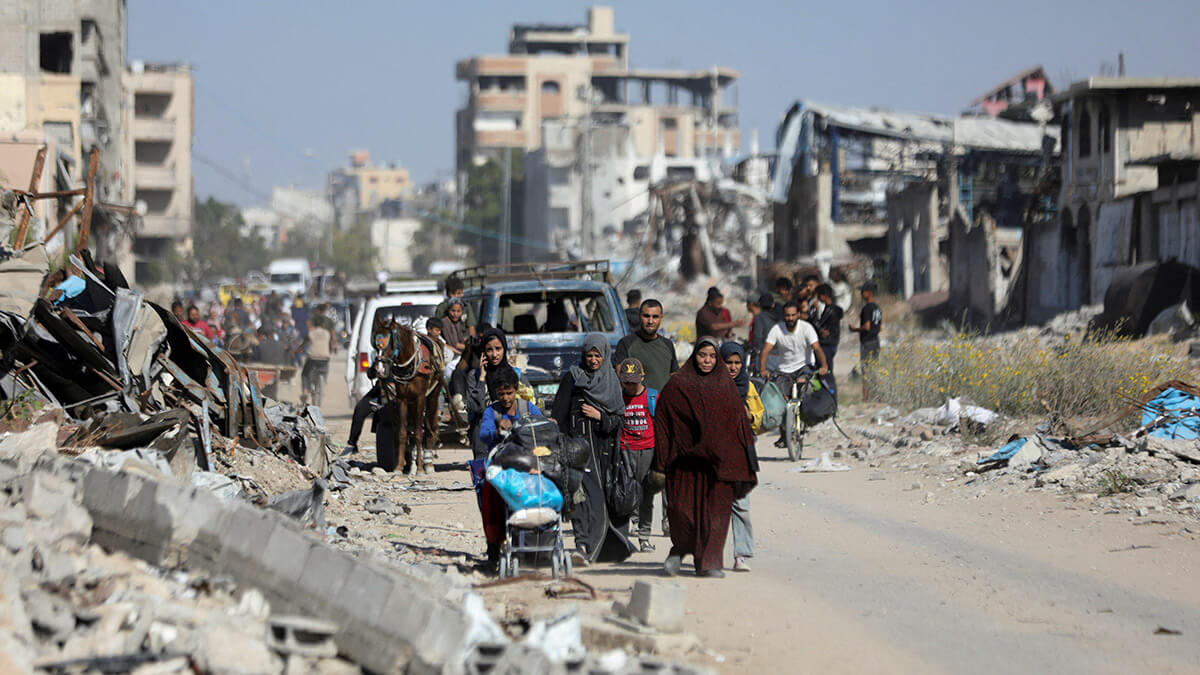
Despite the suffering of its own people, Hamas has rejected numerous proposals for a ceasefire. The terrorist group's main requirement is the permanent withdrawal of Israeli troops from Gaza, while Israel insists that it will not stop its military operation in the enclave until Hamas is eliminated as a military force and ruling entity.
Another of Israel's priorities is the release of the hostages, who have been held hostage for more than a year. In this regard, Jerusalem has offered Hamas leaders safe passage out of Gaza in exchange for their surrender and the release of the hostages. According to The Wall Street Journal, Mossad chief David Barnea conveyed this offer during meetings in Egypt last week.
However, Hamas ‘quickly’ rejected the proposal. Khalil al-Hayya, the terrorist group's deputy leader for Gaza, said the offer showed that Israel ‘did not understand’ Hamas and risked prolonging the war for months or years.
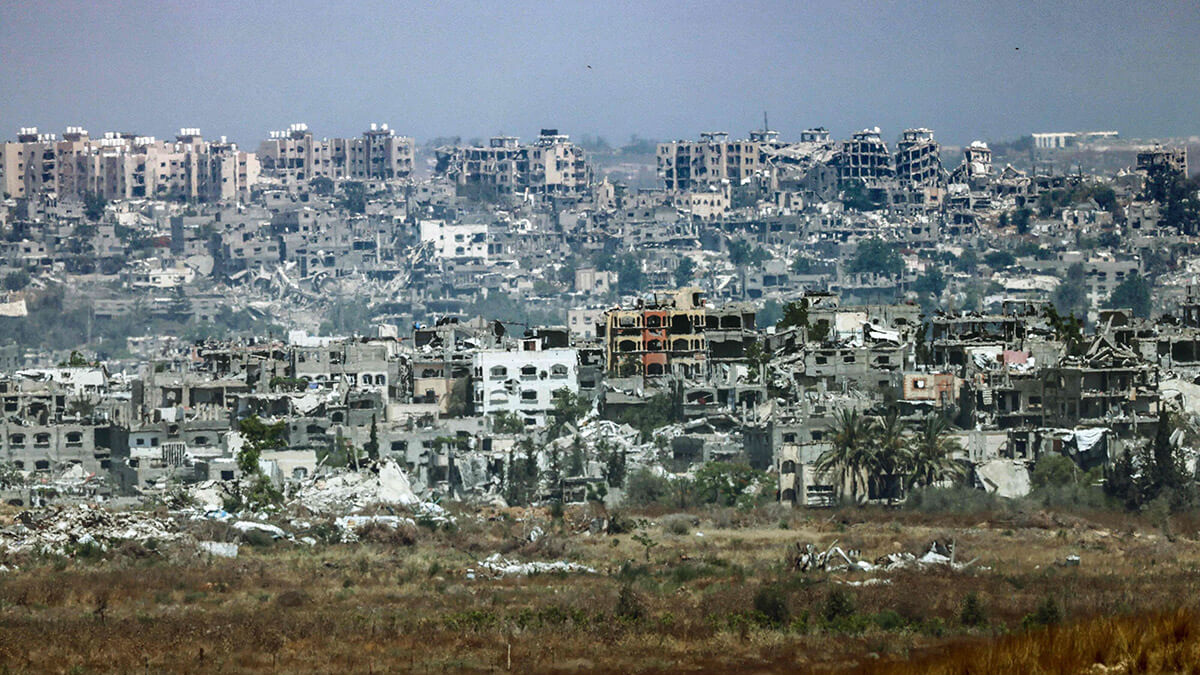
The death of Hamas leader Yahya Sinwar has raised hopes for a possible deal to end the war. However, a Palestinian source based in Qatar indicates that, following Sinwar's death, leaders in Gaza feel they have ‘nothing to lose’, reports The Jerusalem Post.
Following Hamas's continued rejections of a ceasefire that would allow the hostages to be released, Israeli Defence Minister Yoav Gallant stressed that the time had come for Israel to make ‘painful concessions’ to reach an agreement during a ceremony marking the anniversary of 7 October according to the Hebrew calendar.
במלאת שנה לפתיחת המלחמה, התייחדנו הבוקר עם זכרם של הנופלים והנופלות חללי צה"ל וכוחות הביטחון שנפלו במערכה.
— יואב גלנט - Yoav Gallant (@yoavgallant) October 27, 2024
כל אחד ואחת מהנופלים חלק מסיפור חי של תקווה שנגדעה,
של נחישות ואומץ לב. פניהם וסיפורם מלווים אותי בכל יום ובכל החלטה ומזכירים לי ולכולנו את מחיר המלחמה.
לאורך השנה האחרונה… pic.twitter.com/3dO27MSN6N
‘To fulfil our moral and ethical duty - to return the hostages to their homes - requires painful compromises,’ said Gallant, who has repeatedly opposed Netanyahu's refusal to accept a ceasefire agreement to free the hostages, leading to disagreements between the two.
‘This is the time to point out that not all goals can be achieved by military action alone; force is not the ultimate solution,’ the Defence Minister added at the same ceremony in which Netanyahu reiterated that freeing the hostages is ‘a sacred mission’.
Prime Minister Benjamin Netanyahu welcomes Egypt's readiness to advance a deal for the release of the hostages.
— Prime Minister of Israel (@IsraeliPM) October 24, 2024
‘We will not rest until all of them, the living and the dead, are returned to Israel. We will return our hostages alive to their families; we will return our dead captives to be buried in Israel,' the Israeli Prime Minister said.

